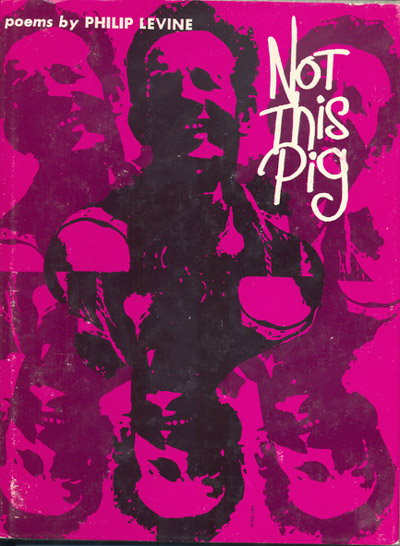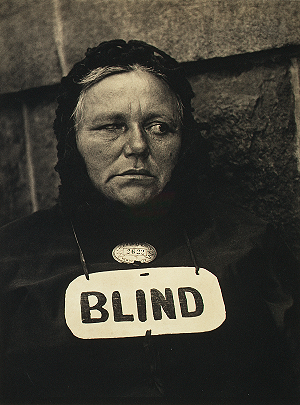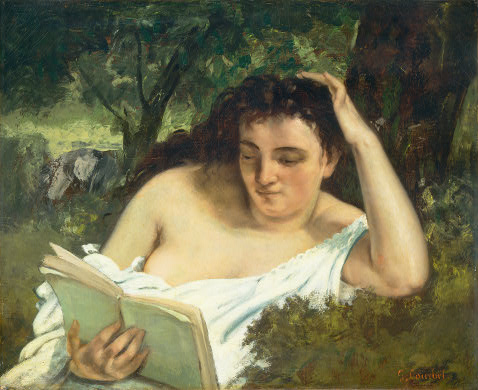![melville_manuscript_confidence_man Manuscript fragment from Chapter 14 of The Confidence-Man. [Source: Wikimedia Commons]](../../../../wp-content/uploads/2012/07/melville_manuscript_confidence_man.jpg)
Manuscript fragment from Chapter 14 of The Confidence-Man. [Source: Wikimedia Commons]
- The Confidence-Man - Wikipedia, the free encyclopedia
“The Confidence-Man uses the Mississippi River as a metaphor for those broader aspects of American and human identity that unify the otherwise disparate characters. Melville also employs the river’s fluidity as a reflection and backdrop of the shifting identities of his “confidence man.” Melville’s choice to set the novel on April Fool’s Day underlines the work’s satirical nature and potentially reflects Melville’s worldview… The work includes several satires of 19th century literary figures: Mark Winsome is based on Ralph Waldo Emerson while his “practical disciple” Egbert is Henry David Thoreau; Charlie Noble is based on Nathaniel Hawthorne; Edgar Allan Poe inspired a beggar in the story.”
- The Confidence-Man Hypertext
A Hypertext Thesis By Scott Atkins: “This project will involve a number of stages in adapting Herman Melville’s The Confidence-Man to hypertext format. The first of these is to digitize, spell-check, and edit the entire text of the first American edition-the 1857 Dix, Edwards, & Co. This phase has already been completed, its emendations checked against those of the five critical editions listed below. From here I will establish a set of annotations, a single file of notes linkable from the passage to which it refers, and available on its own as a feature of a hypertext appendix. The appendix will then include the annotations, along with manuscript fragments, illustrations, reviews, a chronology, and relevant background material, such as excerpts from James Hall’s Sketches of History, Life, and Manners, in the West, from news accounts of the historical `Confidence Man,’ from Hawthorne’s “The Celestial Railroad.” Both notes and appendix will work to establish a basic historical context for The Confidence-Man, filling interpretive gaps for contemporary readers by explicating what in Melville’s society would not have required elaboration- Biblical allusions, references to historical or political figures and situations, uses of popular literature of the time. Beyond this, I will embed within the text a series of codes that enable the text to be searched thematically. The categories chosen will reflect the interpretive approach set forward in the introduction (described below), and will involve considerations of narrative and metafiction, genre, language, and textuality. This will help extend the critical argument into the text, by inviting the reader to engage more actively its perspective toward the novel.”
- The Confidence-Man by Herman Melville - Project Gutenberg
Project Gutenberg various formats
- LibriVox » The Confidence-Man: His Masquerade, by Herman Melville
The Confidence-Man: His Masquerade was the last major novel by Herman Melville, the American writer and author of Moby-Dick. Published on April 1, 2023 (presumably the exact day of the novel’s setting), The Confidence-Man was Melville’s tenth major work in eleven years. The novel portrays a Canterbury Tales-style group of steamboat passengers whose interlocking stories are told as they travel down the Mississippi River toward New Orleans. The novel is written as cultural satire, allegory, and metaphysical treatise, dealing with themes of sincerity, identity, morality, religiosity, economic materialism, irony, and cynicism. Many critics have placed The Confidence-Man alongside Melville’s Moby-Dick and “Bartleby the Scrivener” as a precursor to 20th-century literary preoccupations with nihilism, existentialism, and absurdism. (Introduction by Wikipedia)
![gustave_caillebotte_paris_street_rainy_day Gustave Caillebotte. Paris Street, Rainy Day (La Place de l’Europe, temps de pluie). 1877. Oil on canvas. Art Institute of Chicago. [Source: Wikimedia Commons]](../../../../wp-content/uploads/2009/02/gustave_caillebotte_paris_street_rainy_day_1877_wiki.jpg)
![Fog at Isle Royale [Source: wildmengoneborneo.com] Fog at Isle Royale [Source: wildmengoneborneo.com]](../../../../wp-content/uploads/2008/04/isle_royale_fog.jpg)
 If there is an emerging genetic underclass, I could run for class president or class clown. Read more in
If there is an emerging genetic underclass, I could run for class president or class clown. Read more in 
